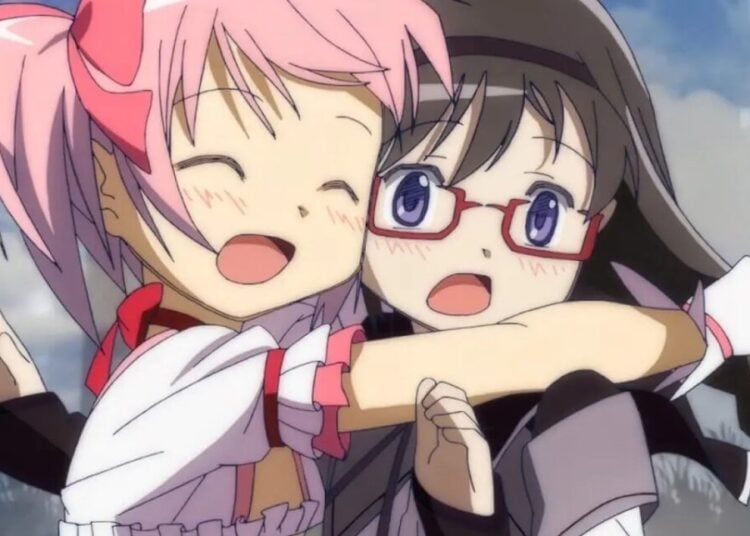One theme I write about often is the way Japanese have a positive, happy view of English. In part this is because Japanese first learn “English conversation” (which is actually speaking English in social situations, and is quite unrelated from the dreary reality of mucking through grammar and vocabulary for tests) from an overly energetic and happy foreign English teacher. Part of “Peter’s Unified Theory of Japan” is that the reason JPOP and anime songs often throw random words and phrases like “my wishes over their airspace” “missing truth and forever…kissing love and true your heart” “get wild and tough” and “you got a body heat tonight” is that Japanese fans generally get a rush of positive emotions when they hear English words. Positive English words are also used heavily in marketing, and there are many products sold with English names, like Cook-Do! (instant Chinese food), Farm-Do! (a farm supply retailer), I’ll (a travel agency whose name makes customers imagine all the cool things they’ll do), Creap (“creaming powder” for your coffee) and Fappy (“the fax machine that makes you happy” by Sharp). Just as the Swiss accidentally hit upon the name Swatch for their Swiss watches because the designers didn’t speak enough English to know that the word sounded a bit on the dorky side, the Japanese have used creative English to their advantage, coming up with terms like Re-House (a company that remodels homes), “nice middy” (a happy, carefree term for a middle-aged woman, designed to make them feel good about their age so they’ll travel more), and Toyota’s popular small car Fun! Car! Go! Another word that pops up quite a bit if “will,” a positive word that expresses one’s intent for the future in unambiguous ways. There’s a line of random products brought together under a general brand name called “WiLL” that expresses the Japanese respect for this word, including some pretty awesome pens. So the next time you encounter strange English from Japan, get chance and luck!

Japanese have a positive view of English.















